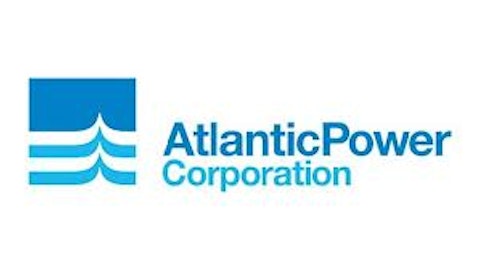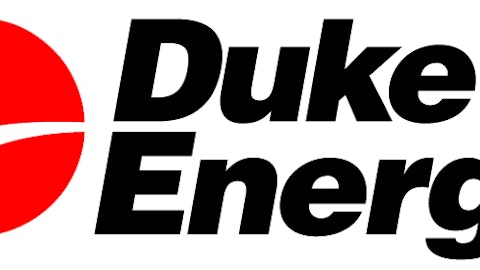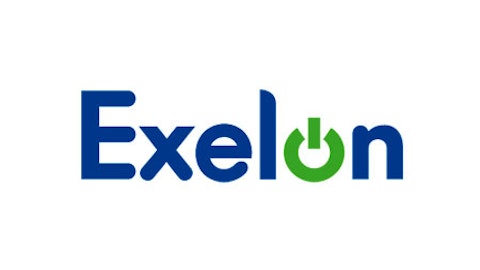
Time marches on
The Keystone XL pipeline controversy is huge and contentious. Like any such issue, it has been the rope in a hyperbolic and often symbolic tug of war. I won’t bog myself down in the nitty gritty here — a simple Google search will give you hours of fodder — but it’s worth a quick summation.
Keystone XL is TransCanada Corporation (USA)(NYSE:TRP)’s proposed $7 billion pipeline that would connect Canada’s oil sands to refineries around Houston and the Gulf of Mexico. Because it would cross an international border, its construction requires the President’s approval. With the oil and gas industry facing significant transmission and distribution choke points, the energy security crowd sees the pipeline’s construction as vitally important.
On the other hand, we have the environmentalists. Their concern is that Keystone XL enables further development of carbon-intensive tar sands in an era when climate change is a growing threat. Greenpeace, in its “Point of No Return” report, explained that “in 2020, the emissions from the 14 projects showcased in this report — if they were all to go ahead — would raise global CO2 emissions from fossil fuels by 20% and keep the world on a path toward 5°C to 6°C of warming.” Keystone XL is one of those projects.
Many are starting to talk in terms of a “carbon bubble.” If global governments seek to meet their already articulated goals of minimizing global warming to a certain target, many carbon-intensive projects may be at risk. Under this scenario, projects like Keystone XL could become stranded assets, in that they are no longer economically viable to develop under what would be a new regulatory framework. That would be a material business risk.
Activists like Bill McKibben are taking the campaign further. Not only are they vocally and visibly protesting Keystone XL, but they are pushing for total divestment from the fossil fuel sector through their 350.org campaign. The campaign almost certainly won’t be enough to undermine the sector in any real way, but with a growing number of university endowments signing on, it is certainly another sign of a turning tide.
There are more signs. Royal Dutch Shell plc (ADR) (NYSE:RDS.A) announced that it would suspend drilling in the Arctic, to the delight of the environmental groups who believe their pressure may have contributed to the company’s decision. Meanwhile, China announced last week that it would be introducing a carbon tax, just as similar mechanisms are under debate in the U.S.
Corporate leadership and the way forward
The latest “Energy Infrastructure Update” (link opens PDF) report from the Federal Energy Regulatory Commission’s (FERC) Office of Energy Projects shows that 100% of new electrical generating capacity that came online in the U.S. in January 2013 was derived from renewable sources, for the first time ever.
The report highlighted Exelon Corporation (NYSE:EXC)‘s 82 Megawatt (MW) Beebe Community Wind Farm, which just came online in Gratiot County, Michigan. Exelon Corporation (NYSE:EXC) plans to bring another 82 MW by the end of 2013. FERC’s report also called out Duke Energy Corp (NYSE:DUK)‘s 10 MW Black Mountain Solar Power Project near Kingman, AZ, and its 402 MW Los Vientos I and II in Willacy County, TX, both of which came online in January under the company’s renewables business unit. With so many companies lagging behind in renewables development, it’s good to see this type of progress.
At the 2013 Climate Leadership Conference, taking place today in Washington, D.C. under the auspices of the Center for Climate and Energy Solutions, Entergy Corporation (NYSE:ETR)‘s Director of Climate Consulting, Jeff Williams, said, “Katrina was a galvanizing moment in realizing the risks of climate change. … You can never mitigate a risk you deny exists.” At the same event, Entergy’s Executive Vice President was a little more blunt: “I couldn’t give a rat’s cheek whether you’re a true climate believer. As business people, you need to pay attention to risk management.”
That’s the kind of leadership I want to see from a potential investment. Companies can no longer afford to keep their heads in the sand when it comes to climate change risks. It makes no more sense than it did to deny the health risks of asbestos, once upon a time. The world is changing, and resilient companies will be the ones that can change along with it.
The article Fossil Fuels: Modern Asbestos? originally appeared on Fool.com and is written by Sara E. Murphy.
Sara E. Murphy has no position in any stocks mentioned. You can follow her on Twitter @SMurphSmiles. The Motley Fool recommends Exelon.
Copyright © 1995 – 2013 The Motley Fool, LLC. All rights reserved. The Motley Fool has a disclosure policy.





